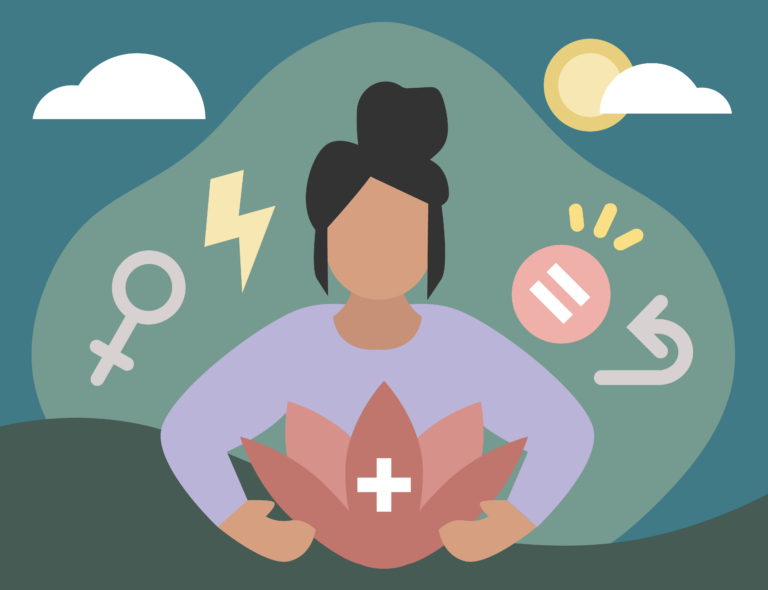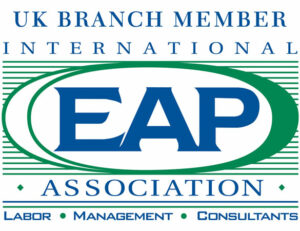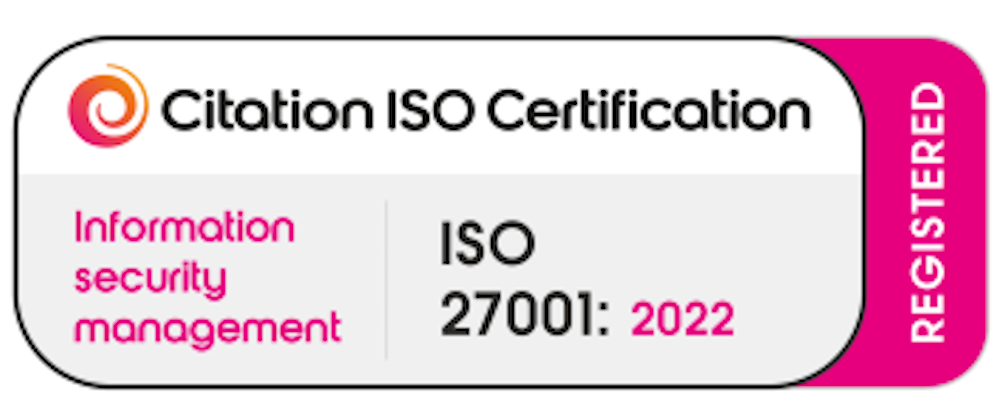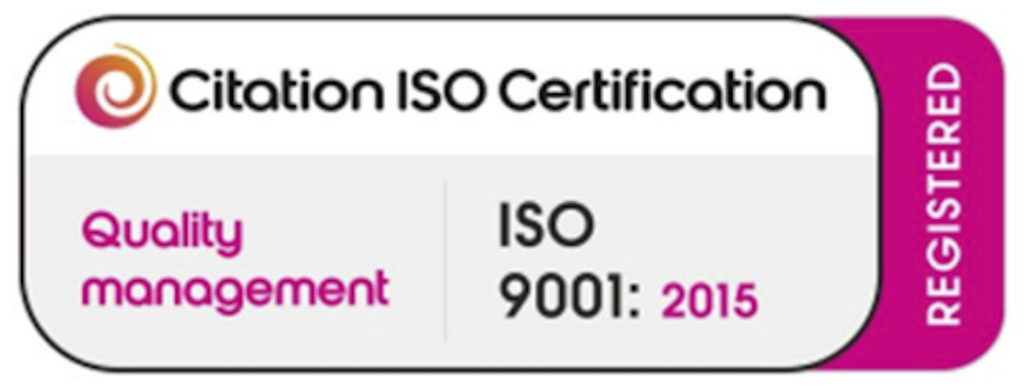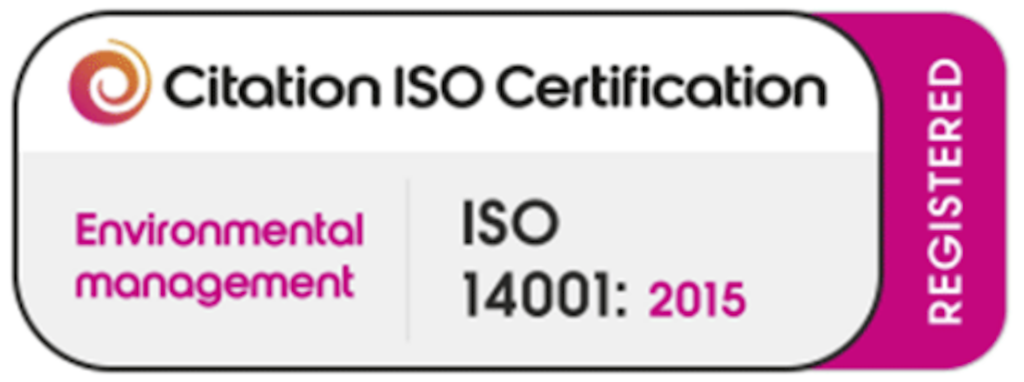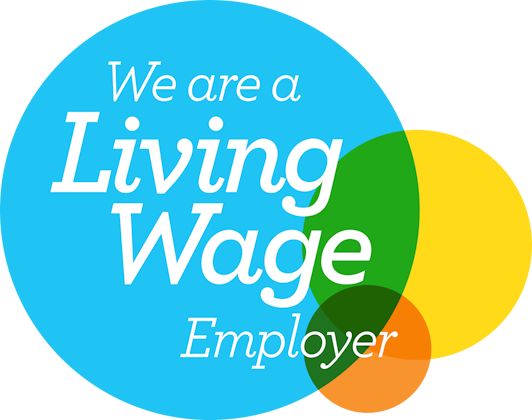Understanding ADHD
ADHD is a neurodiverse condition which affects the brain and presents itself in a number of ways. ADHD is common in children, but more and more adults are being diagnosed later in life due to increased awareness. Common symptoms in adults include difficulty concentrating, restlessness, overthinking, challenges with regulating emotions, and poor organisational skills.
Common Symptoms in Adults
ADHD has many positive traits and those with ADHD are often more creative and spontaneous, great problem solvers and able to hyperfocus on tasks when in the right place.
 Challenges and Treatment
Challenges and Treatment
Living with ADHD can be challenging. Individuals with ADHD are often more likely to experience anxiety and depression, and to be more susceptible to things like addiction.
Medication is usually the first form of treatment for ADHD but talking therapies can also be very beneficial, especially when combined with medication.
Role of Talking Therapies
Talking therapies can be particularly helpful where an individual has been waiting a long time for a diagnosis. Talking therapies can help an individual to come to terms with their diagnosis and gain greater insights.

Therapy can help individuals put coping strategies in place to allow them to cope better with day to day life.It can also help transform limited beliefs and support with negative feelings of self-worth that have developed over a long period of time. It is also very effective in helping to manage depression and anxiety.
Seeking Support
ADHD is a complex condition and it’s important to seek support and therapy from those who are qualified and experienced in dealing with the complexities of ADHD.


